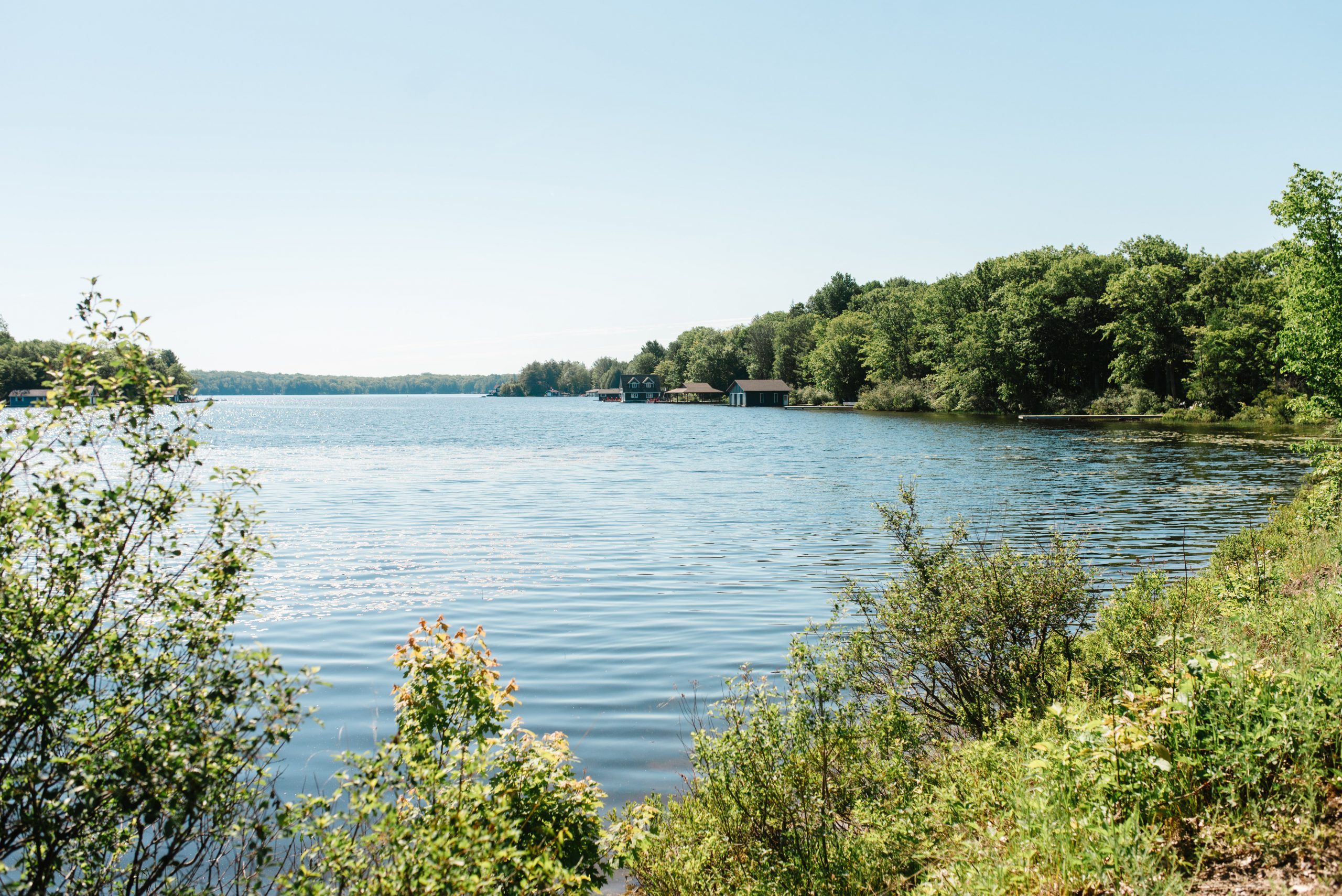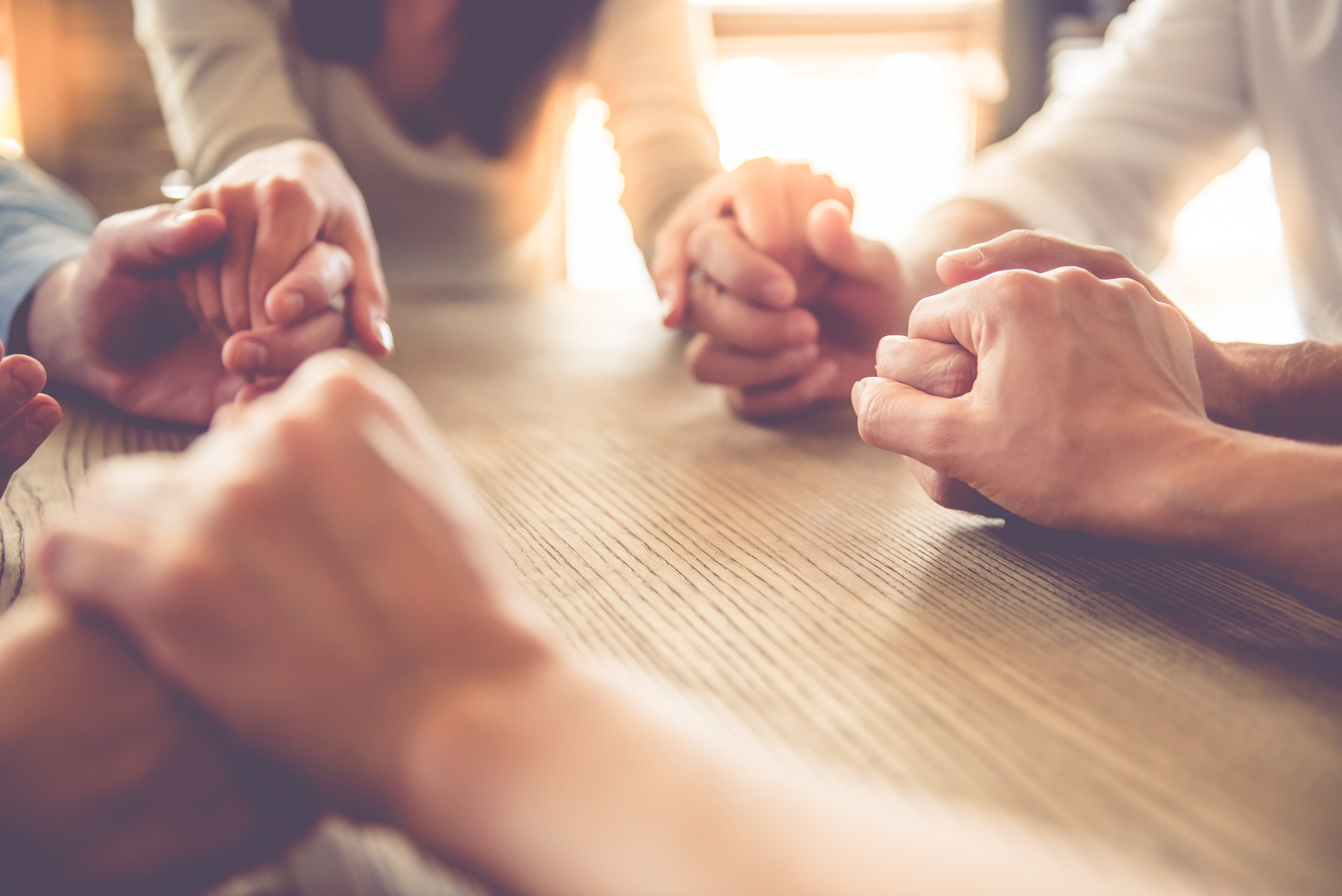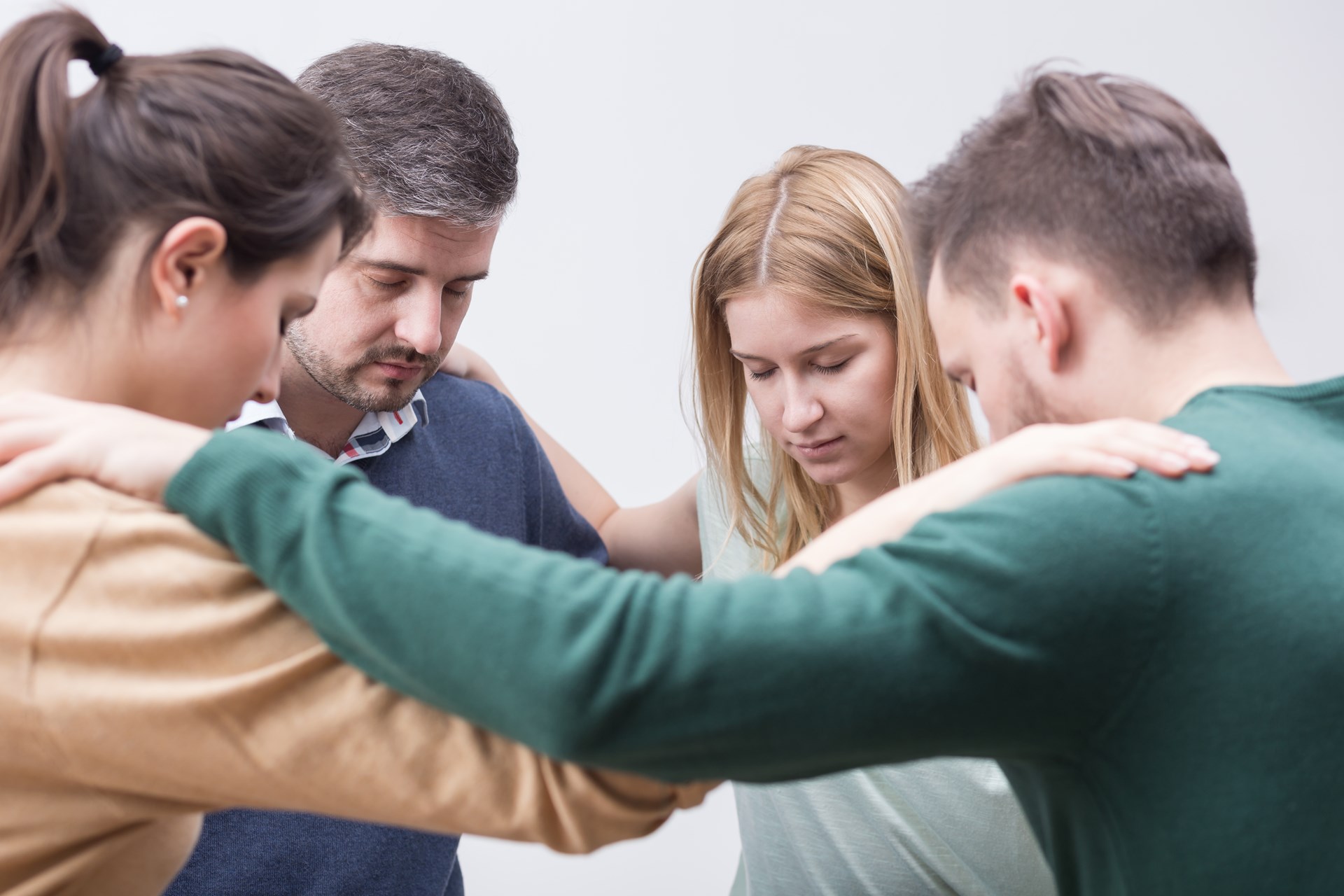What Are Mutual Aid Support Groups?
Engagement in meaningful activities, community belongingness and connecting with individuals who share similar goals, are all important components of recovery. Mutual aid groups offer all of the above with the additional benefits of finding support through others who have experienced similar challenges. Also known as self-help groups, groups of this nature are designed to decrease the shame associated with substance use and mental health, instill hope in their members, and pool the collective knowledge of each individual involved. Connecting with peers in various stages of recovery offers us the opportunity to both learn and teach others about community supports, coping strategies and overcoming barriers in a safe and supportive environment. It’s about solidarity, not charity.
What Kinds of Mutual Aid Support Groups Exist?
Mutual aid groups are available with a variety of different themes; a few examples of popular mutual aid groups focused on drug and alcohol recovery include:
- The 12-Step program (AA, NA, CA), SMART Recovery
- Women for Sobriety
Substance-specific groups are not the only options for those interested in addiction recovery – some other options include:
- Identity-specific support groups (queer, trans and other identifying individuals)
- Support groups for mental illnesses and other concerns (depression, PTSD and grief)
These support groups can also provide the benefit of connecting with others who have shared similar experiences and who have the common purpose of finding and giving support.
These groups are particularly helpful for those living with chronic substance use as many are available indefinitely and allow members to engage, disengage, and re-engage when needed. Each group is unique in terms of their members, dynamic and atmosphere. Try not to get discouraged if you do not find the best fit right away, you may need to try a variety before you feel at home.
Learn More About Our Alcohol Addiction Treatment Program
Alcoholics Anonymous: The Most Widely Recognized Support Group
The most widely recognized mutual aid group is Alcoholics Anonymous. Operational since 1935, the AA fellowship has deterred some due to its assumed connection with God. Step two asks us to believe that “a Power greater than ourselves can restore us to sanity”, this power is not necessarily related to religion or God and can be decided upon by the individual; no religious affiliation is required to be involved in the 12-step community. Meetings can include speakers with lived experience, discussion groups and work on the steps themselves. The 12-Step community also promotes connection to a ‘sponsor’ who is an individual cemented in their own recovery who can offer support and guidance on an individual basis. For more information on AA, the 12 steps and how to find meetings in your area, please visit: https://www.aa.org/
Alcoholics Anonymous Sessions at GreeneStone
Twelve-step programming is an important component of Greenestone’s treatment program, while it remains optional, it is highly encouraged by our treatment staff. GreeneStone hosts three on-site meetings each week incorporating Alcoholics Anonymous, Cocaine Anonymous and Narcotics Anonymous. Each Thursday, GreeneStone opens its doors to our community members with an open meeting; any GreeneStone alumni, local residents, vacationers or those interested in trying 12 steps are welcome to attend. To supplement, staff members will provide our clients transportation and support to local 12 step groups in Port Carling, Bala, and Gravenhurst when possible.
Each client of GreeneStone will have a chance to connect with our onsite aftercare specialist and discharge planner who offer support in developing personalized recovery plans and connecting our clients to resources in their communities.
If you are an active AA member or exploring addiction recovery and are in the Muskoka area, please feel free to join us each Thursday from 8:00 p.m. – 9:00 p.m. for our open speaker meeting. For more information, please call us at (705)762-5501.




